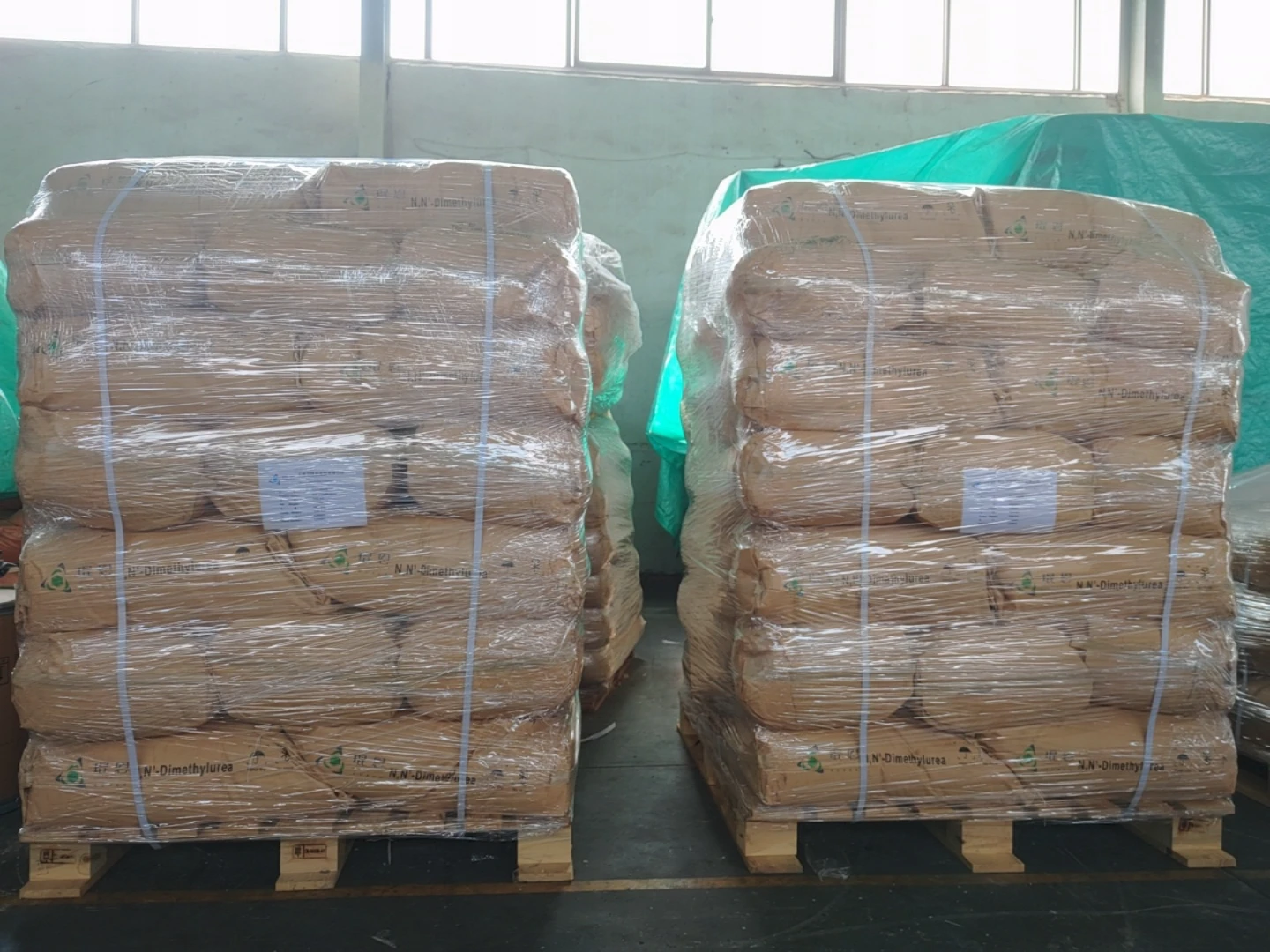The Significance of PQQ A Pathway to Optimal Health
Pyrroloquinoline quinone, commonly known as PQQ, is a fascinating compound that has garnered attention for its potential health benefits and role in promoting overall wellness. Discovered in the late 20th century, PQQ is a redox cofactor found in various foods such as fermented soybeans, green peppers, and certain fruits. This article explores the significance of PQQ and its potential applications in enhancing human health.
The Role of PQQ in Cellular Metabolism
PQQ plays a crucial role in energy metabolism and cellular function. It serves as a cofactor for several dehydrogenases, enzymes that catalyze oxidation-reduction reactions essential for energy production. This means that PQQ contributes to the efficient conversion of nutrients into usable energy, a process vital for maintaining optimal cellular function.
Moreover, PQQ is known for its antioxidant properties. Antioxidants are critical in defending cells against oxidative stress caused by free radicals—a common byproduct of cellular metabolism that can damage DNA, proteins, and lipids. By reducing oxidative stress, PQQ may help to mitigate the risk of chronic diseases such as heart disease, diabetes, and cancer.
Cognitive Benefits of PQQ
.
The mechanism behind this protective effect likely involves PQQ's ability to promote the expression of brain-derived neurotrophic factor (BDNF), a protein essential for the survival and growth of neurons. Increased levels of BDNF are often associated with improved learning and memory, making PQQ a compound of interest for those looking to support cognitive health.
pqq

PQQ and Heart Health
Another area where PQQ shows promise is cardiovascular health. Studies have suggested that PQQ may positively influence heart function by reducing inflammation and oxidative stress in cardiovascular tissues. By enhancing energy metabolism in the heart, PQQ may improve overall cardiac performance and endurance. This is particularly relevant for individuals at risk of heart disease or those engaged in strenuous physical activities.
Furthermore, PQQ may help regulate cholesterol levels and improve lipid profiles, which is crucial for reducing the risk of atherosclerosis—a condition characterized by the buildup of plaque in the arteries.
Food Sources and Supplementation
While PQQ is naturally present in various foods, obtaining sufficient amounts through diet alone can be challenging. Therefore, supplementation has become increasingly popular. PQQ supplements are typically available in capsule form and can be found in health food stores and online.
It’s important to note that, while early research is promising, more extensive clinical trials are needed to fully understand the implications of PQQ supplementation. As with any supplement, individuals should consult healthcare professionals before beginning a new regimen, especially those who are pregnant, nursing, or have existing health issues.
Conclusion
PQQ is an intriguing compound with the potential to significantly impact various aspects of health, from energy metabolism to cognitive function and cardiovascular health. As scientific research progresses, we may uncover more about PQQ’s mechanisms and benefits, solidifying its role in promoting optimal wellness. Whether through dietary sources or supplements, PQQ represents a promising avenue in the quest for enhanced health and longevity. As with all health-related topics, maintaining a balanced diet, regular exercise, and a healthy lifestyle remains paramount in achieving optimal well-being.

